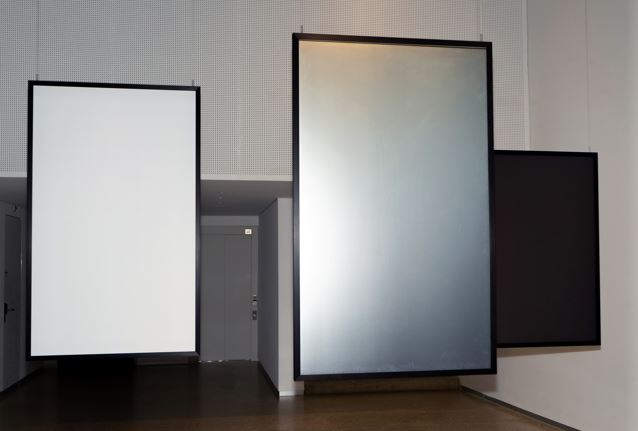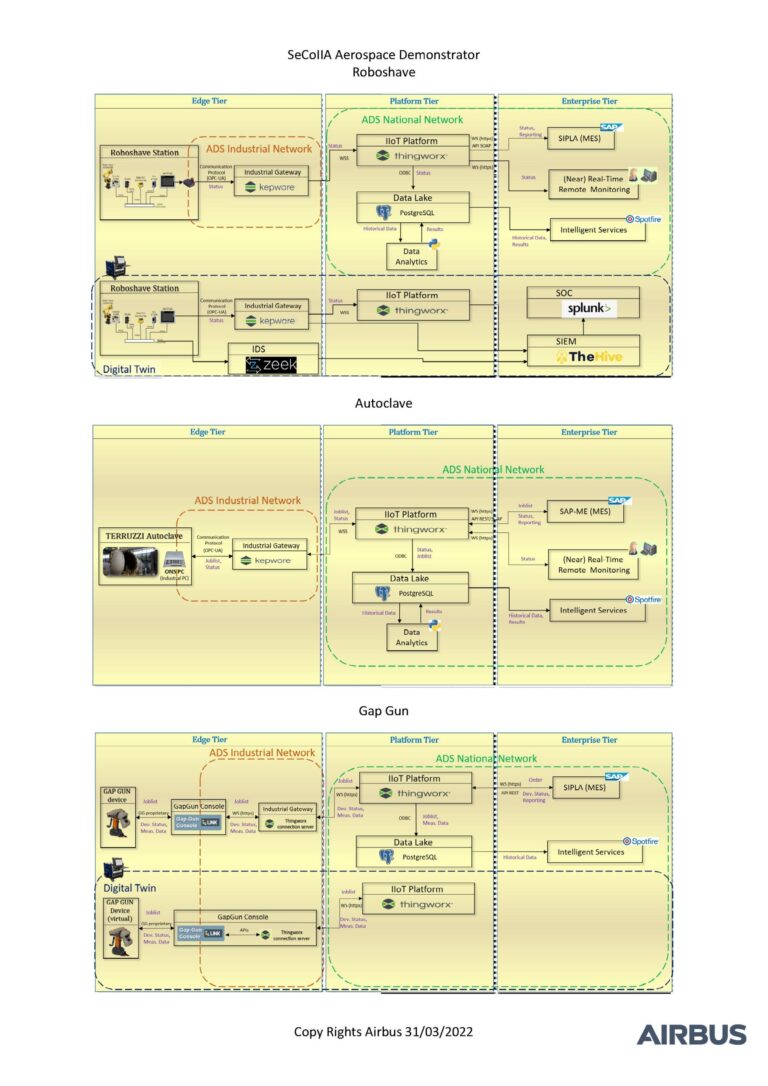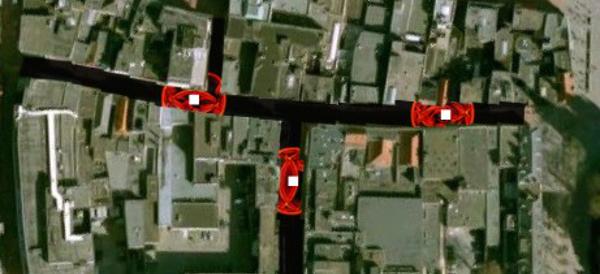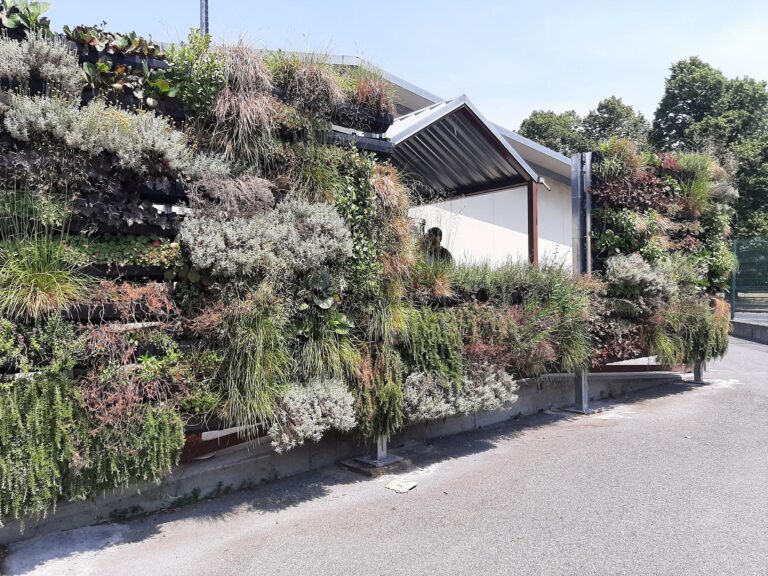Add to favorites:
Share:
Project results are expected to contribute to all of the following expected outcomes:
- Better understanding of the effects of the design, aesthetics and other features of common spaces[1] on inhabitants’ behaviour (including e.g. their social interactions and recognition, civic participation, use of spaces and buildings), health, sense of belonging, diversity and inclusion, security, resilience, and opportunities to produce social, cultural and local economic value.
- Enhanced capacities of relevant stakeholders to integrate insights in policies, strategies, plans and measures for the regeneration of common spaces in neighbourhoods[1].
One of the core NEB values[1] is inclusion[1]. The regeneration of common spaces can facilitate inclusiveness and social interaction in neighbourhoods by providing a safe, accessible, and attractive environment. Attractive, well-designed, well-maintained, and secure common spaces can bring people together for commercial, cultural, and leisure activities. A safe environment can also create a sense of trust and community[1] among inhabitants. Recognising a neighbourhood's diversity “not only improves social and spatial cohesion but also contributes to democratic, peaceful coexistence[6]”. Social, economic, and cultural services and amenities that reflect this diversity and allow for people to come together and interact, can have a particular impact on inclusion and can lead to new forms of collaboration, solidarity and social recognition.
Better knowledge of how common spaces affect social relations is required to scale up successful common space initiatives across Europe. This topic seeks to produce insights on the impacts of common spaces (new, redesigned or redeveloped) on neighbourhoods and their communities.
Proposals are expected to address all of the following:
- Study a range of common space projects in at least three EU Member States or Associated Countries, collecting data and drawing on evidence, to better understand:
- The medium and long-term impacts of common spaces on community cohesion, social interactions, active civic participation, resilience, diversity, as well as sense of security and belonging. This includes identifying if and to what extent these impacts vary in neighbourhoods with different characteristics, for example, in terms of social infrastructure, economy, housing ownership patterns, services, etc.
- How the design and maintenance of common spaces (including the process, for example relying on participatory approaches), the degradation of the bordering built environment, and the preservation of cultural heritage, influences the above identified effects of common space.
- How the integration of the three core NEB values in the design of common spaces impacts the above identified effects of common space.
- How the different groups of people (such as women, children, youth, older adults, people with disabilities, underrepresented, vulnerable and marginalised groups, LGBTIQA+) make use of and experience common spaces.
- How variations in the use of common spaces in different periods of the year influence community cohesion, social interactions, and civic participation.
- Based on the research evidence, provide recommendations for public administrations and other stakeholders involved in the regeneration of common spaces in neighbourhoods.
Proposals are expected to follow a participatory and transdisciplinary approach[7] through the integration of different actors (such as public authorities, local actors from the targeted neighbourhoods, civil society, private owners, cultural institutions, etc.) and disciplines (such as architecture or design, arts, (civil) engineering).
This topic requires the effective contribution of social sciences and humanities[8] (SSH) disciplines and the involvement of SSH experts, institutions as well as the inclusion of relevant SSH expertise, in order to produce meaningful and significant effects enhancing the societal impact of the related research activities.
Proposals are expected to dedicate at least 0.2% of their total budget to share their intermediate and final results and findings with the Coordination and Support Action 'New European Bauhaus hub for results and impact' (HORIZON-MISS-2024-NEB-01-03).
[1] See definition in the Glossary section of the NEB part of the HE WP25.
[2] See definition in the Glossary section of the NEB part of the HE WP25.
[3] See definition in the Glossary section of the NEB part of the HE WP25.
[4] See definition in the Glossary section of the NEB part of the HE WP25.
[5] See definition in the Glossary section of the NEB part of the HE WP25.
[6] Report of the EU Member State Expert Group 2021 Towards a shared culture of architecture investing in a high-quality living environment for everyone.
[7] See definition on NEB working principles in the Glossary section of the NEB part of the HE WP25
[8] See definition in the Glossary section of the NEB part of the HE WP25
Expected Outcome
Project results are expected to contribute to all of the following expected outcomes:
- Better understanding of the effects of the design, aesthetics and other features of common spaces[1] on inhabitants’ behaviour (including e.g. their social interactions and recognition, civic participation, use of spaces and buildings), health, sense of belonging, diversity and inclusion, security, resilience, and opportunities to produce social, cultural and local economic value.
- Enhanced capacities of relevant stakeholders to integrate insights in policies, strategies, plans and measures for the regeneration of common spaces in neighbourhoods[1].
Scope
One of the core NEB values[1] is inclusion[1]. The regeneration of common spaces can facilitate inclusiveness and social interaction in neighbourhoods by providing a safe, accessible, and attractive environment. Attractive, well-designed, well-maintained, and secure common spaces can bring people together for commercial, cultural, and leisure activities. A safe environment can also create a sense of trust and community[1] among inhabitants. Recognising a neighbourhood's diversity “not only improves social and spatial cohesion but also contributes to democratic, peaceful coexistence[6]”. Social, economic, and cultural services and amenities that reflect this diversity and allow for people to come together and interact, can have a particular impact on inclusion and can lead to new forms of collaboration, solidarity and social recognition.
Better knowledge of how common spaces affect social relations is required to scale up successful common space initiatives across Europe. This topic seeks to produce insights on the impacts of common spaces (new, redesigned or redeveloped) on neighbourhoods and their communities.
Proposals are expected to address all of the following:
- Study a range of common space projects in at least three EU Member States or Associated Countries, collecting data and drawing on evidence, to better understand:
- The medium and long-term impacts of common spaces on community cohesion, social interactions, active civic participation, resilience, diversity, as well as sense of security and belonging. This includes identifying if and to what extent these impacts vary in neighbourhoods with different characteristics, for example, in terms of social infrastructure, economy, housing ownership patterns, services, etc.
- How the design and maintenance of common spaces (including the process, for example relying on participatory approaches), the degradation of the bordering built environment, and the preservation of cultural heritage, influences the above identified effects of common space.
- How the integration of the three core NEB values in the design of common spaces impacts the above identified effects of common space.
- How the different groups of people (such as women, children, youth, older adults, people with disabilities, underrepresented, vulnerable and marginalised groups, LGBTIQA+) make use of and experience common spaces.
- How variations in the use of common spaces in different periods of the year influence community cohesion, social interactions, and civic participation.
- Based on the research evidence, provide recommendations for public administrations and other stakeholders involved in the regeneration of common spaces in neighbourhoods.
Proposals are expected to follow a participatory and transdisciplinary approach[7] through the integration of different actors (such as public authorities, local actors from the targeted neighbourhoods, civil society, private owners, cultural institutions, etc.) and disciplines (such as architecture or design, arts, (civil) engineering).
This topic requires the effective contribution of social sciences and humanities[8] (SSH) disciplines and the involvement of SSH experts, institutions as well as the inclusion of relevant SSH expertise, in order to produce meaningful and significant effects enhancing the societal impact of the related research activities.
Proposals are expected to dedicate at least 0.2% of their total budget to share their intermediate and final results and findings with the Coordination and Support Action 'New European Bauhaus hub for results and impact' (HORIZON-MISS-2024-NEB-01-03).
[1] See definition in the Glossary section of the NEB part of the HE WP25.
[2] See definition in the Glossary section of the NEB part of the HE WP25.
[3] See definition in the Glossary section of the NEB part of the HE WP25.
[4] See definition in the Glossary section of the NEB part of the HE WP25.
[5] See definition in the Glossary section of the NEB part of the HE WP25.
[6] Report of the EU Member State Expert Group 2021 Towards a shared culture of architecture investing in a high-quality living environment for everyone.
[7] See definition on NEB working principles in the Glossary section of the NEB part of the HE WP25
[8] See definition in the Glossary section of the NEB part of the HE WP25
Partner Requests
Explore Real Collaboration Opportunities
🔍 As a logged-in member, you now have exclusive access to all active Partner Requests for this Funding Call.
See who’s looking for collaborators, explore exciting project ideas, and discover how others are planning to make an impact.
💡 Use these insights to get inspired—or take the next step and start a request of your own (3 entries for free).
Log in or registrate here for free.
You must be logged in to submit or manage a partner request.
Ask our experts about this call
Connect with the Listing Owner!
💬 Please log in now to send a direct message to our experts and ask your questions. Not a member yet? Sign up for free and start connecting today!
Related Funding and Finance Opportunities
Unlock Exclusive Funding Opportunities!
🔑 Get instant access to tailored funding opportunities that perfectly match your needs. This powerful feature is exclusively available to our premium members—helping you save time, stay ahead of the competition, and secure the right funding faster.
Upgrade to Premium now and never miss an important opportunity again! Already a premium member? Log in here to explore your matches.
Related Innovation Offers
Related Knowledgebase Resources
Discover More with Premium: Related Knowledge Resources
🔒 You’re missing out on expert-curated knowledge specifically matched to this topic. As a Premium member, you gain exclusive access to in-depth articles, guides, and insights that help you make smarter decisions, faster.
Whether you’re preparing a funding proposal, researching a new market, or just need reliable information—our Premium knowledge matches save you hours of research and point you directly to what matters.
Upgrade to Premium now and instantly unlock relevant knowledge tailored to your needs! Already a member? Log in here to view your personalized content.






































